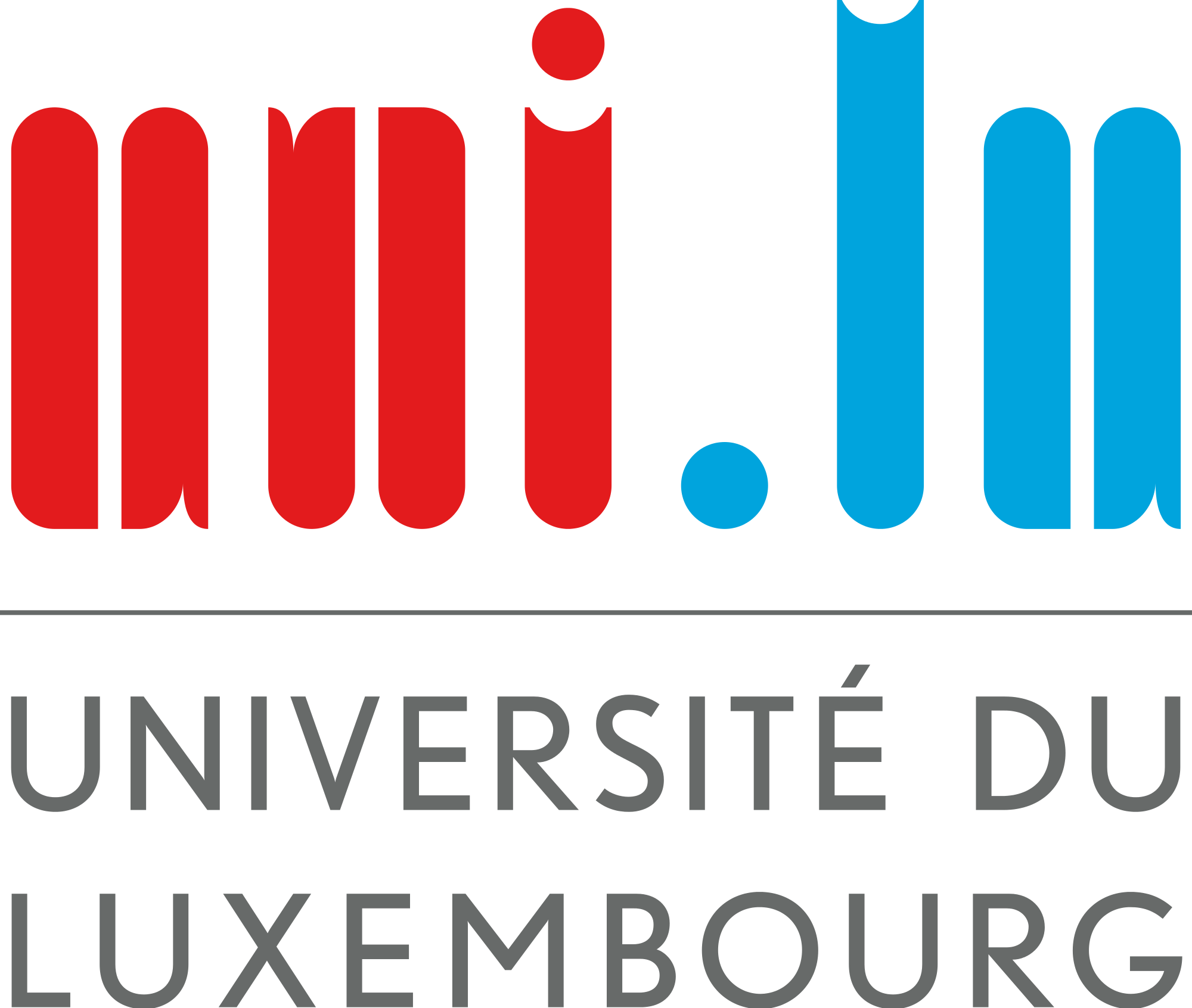The objective of this course is to introduce quantitative measures for network performance (like throughput, error correction, delays, routing) for different network topologies to be applied to security protocols. It also sensibilities for differences between static and dynamic networks as well as centralized and de-centralized topologies concerning reliability and trust issues.
In the scope of this course, we explore the following topics:
- Introduction
- Recap: Random Processes
- Recap: Homogeneous Markov Chains
- Commutation Systems: Components and modules
- Communication Traffic as Random Process
- Routing and Flow Control
- Introduction to Queueing Theory
- Quality of Service in TCP/IP
Course learning outcomes:
- Describe performance metrics and list parameters of dedicated networks and protocols;
- Name and reproduce definitions of relevant parameters that theoretically characterize the communication traffic incl. queues, routing and error probabilities;
- Analyze existing solutions according to their capabilities for throughput, error rate and security.
Further information:
| Module: | Module 2.13, Semester 2 |
| ECTS Credits: | 5 |
| Organization: | The course is organised as a series of lectures with dedicated time slots for exercises. |
| Language: | English |
| Lecturer: | Prof. Dr. Thomas Engel |
| Mandatory: | No |
| Rating: | There is a final exam counting 70%. Successful preparation, submission and participation in exercises is valued 30%. |
